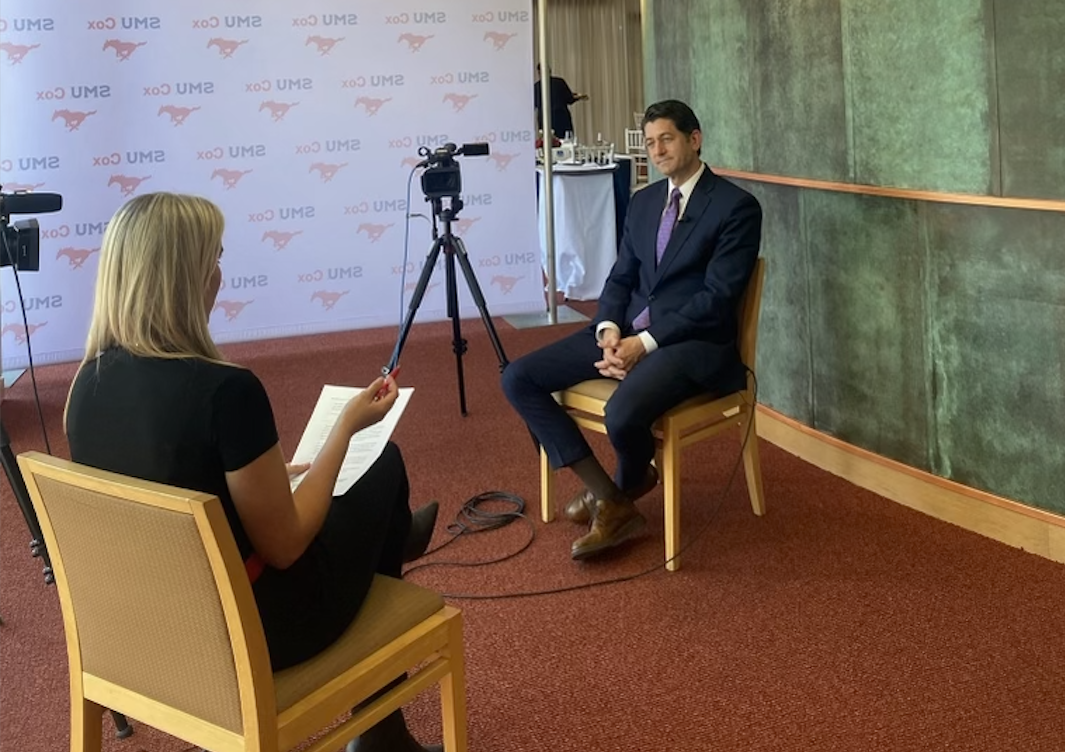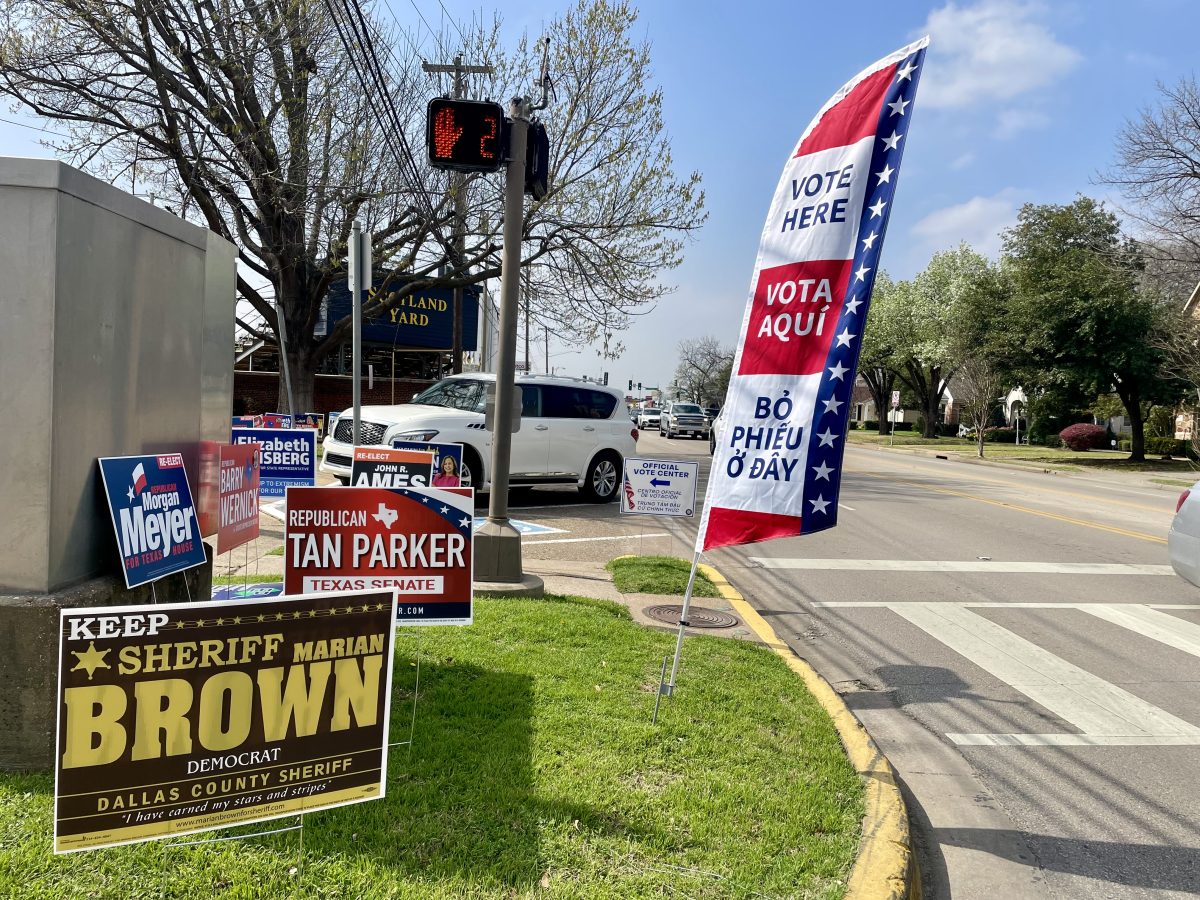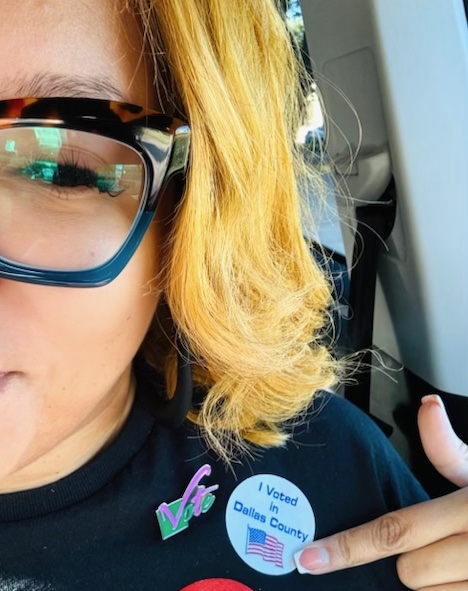
President Barack Obama and presidential candidate Mitt Romney had their first of three debates on Wednesday. (AP)
“It became increasingly clear that Romney was sharper, he had more facts and figures at his immediate disposal-he was just more animated and more engaged.”
When asked if he thought there was a clear winner, SMU political scientist Matthew Wilson definitively sided with the week’s majority.
“I think Romney had a lot more practice coming in than President Obama,” Dr. Ben Voth, chair of Communication Studies and director of the debate team, said. “He looked confident [and] less defensive than President Obama.”
While Wilson believed Romney clearly pulled ahead Wednesday night, he said that it doesn’t necessarily mean President Obama failed miserably.
“There was not a glaring mistake on Obama’s part, a kind of collapse moment. He didn’t say anything that was blaringly wrong.”
Compared to Rick Perry completely forgetting his own speech points, Wilson said Obama was simply ill prepared.
Regardless, Wilson called the evening’s session “the most substantive presidential debate we’ve had in a long time.”
“There was a real free give and take between the candidates. They got into kind of an immediate exchange of policy views,” Wilson said.
Unlike debates of the past, Wilson said the fact that “it was not a debate predicated on a series of zingers or one-liners or sound bites” was what made it, overall, a “great” presentation.
“If voters actually watch this debate, from beginning to end, I think they could get more out of it in terms of a sense of where the substantive difference between the candidates are.”
The topic of the economy provided the jump-off point to much of the political volley that led the rest of the debate-and Wilson said it gave “the most telling difference” in the strength of each candidate.
“I think the area where Romney was the strongest was in the discussion of jobs. He kept coming back to that and saying, ‘I care about jobs. I’m going to create jobs.'” he said.
Wilson said it was in Romney’s discussion of tax policies, deregulation, energy exploration, and trade policies that broke the pattern of what had so far been vague economic solutions presented to voters.
“These are fairly concrete agenda items that Romney says would advance job options,” Wilson said.
And where Romney pulled ahead, Obama was not as effective in economic debate, according to Wilson.
“That was something President Obama didn’t really seem to have a good response on,” he said.
The economic exchange “kind of set the tone for the whole thing” according to Wilson, and Romney continued to display his confidence and readiness in such a way that highlighted some of Obama’s perceived uneasiness.
However, Wilson said that when questioned on health care, “both said what they’ve said for a long time.
“That was the part of the debate that was closest to being a draw,” Wilson said. “I don’t think either Romney or Obama scored really telling points.”
Wilson explained that while Romney “emphasized that there really is a difference between federal action and state action,” he was unable to entirely bring down Obamacare in favor of his own reform because “the logic of [both candidate’s healthcare plans] is pretty similar.”
“[Romney] tentatively differentiated what he did in Massachusetts compared to Obamacare.”
But Wilson said that despite that, the resemblances are something he just “can’t get away from.”
At the end of the night, the “debate was entirely about economic and budgetary issues.” Wilson said that there’s still the “domain of foreign policy and the domain of social issues.
However, that’s not to say that such topics will be what really get voters to make their decisions. No matter how much it may have been talked to death so far throughout the election season, the economy was still the best lead the candidates could have gotten.
“The economy is the one area where people do care and they’re more open to persuasion. That’s where candidates can score the most telling points.”
Wilson said the problem lays in the fact that “most Americans don’t care much about foreign policy,” and social issues are “not an area where most people are open to persuasion.”
“Social issues are really more a question of revving up your base.” Wilson said.
The presidential candidates will return to the debates in two weeks. That “town hall” debate may in fact prove the most challenging when the floor is opened up to questions from independent voters.
“[It’s] a very difficult format and has a lot of wild cards…you just don’t know what someone is going to say,” Voth said.
Wilson predicted that it may actually be Obama’s chance to regain some ground.
“I think that may be a forum that plays fairly well to President Obama.” Wilson said.
In a session dictated by American voters themselves, Wilson said “it will be interesting to see if Romney can interact with the same ease” in a more spontaneous environment.
“The challenge for Romney particularly will be to project an empathy and a connection that, sometimes, he has lacked.”
The vice presidential nominees will participate in the second debate on Oct. 11.
















